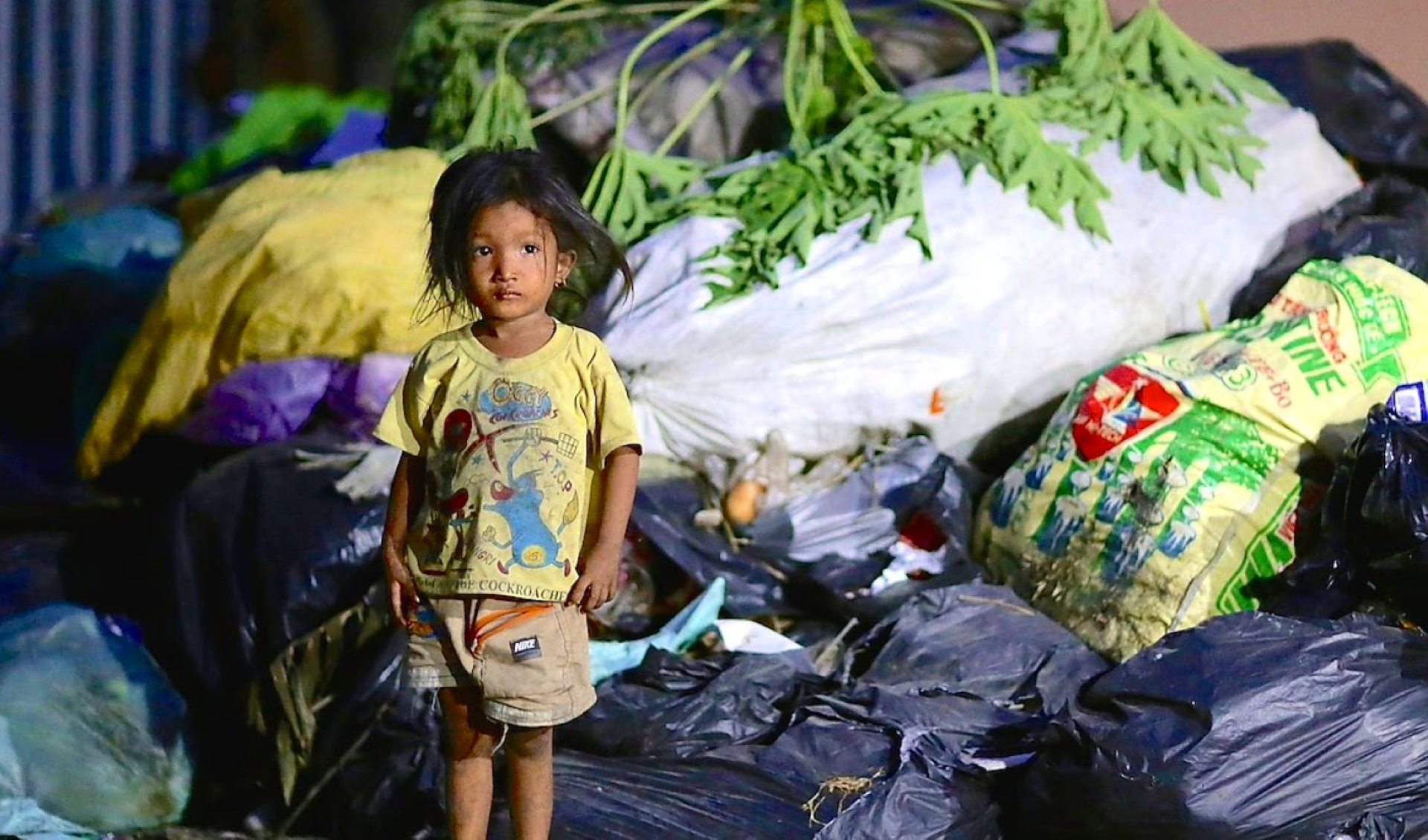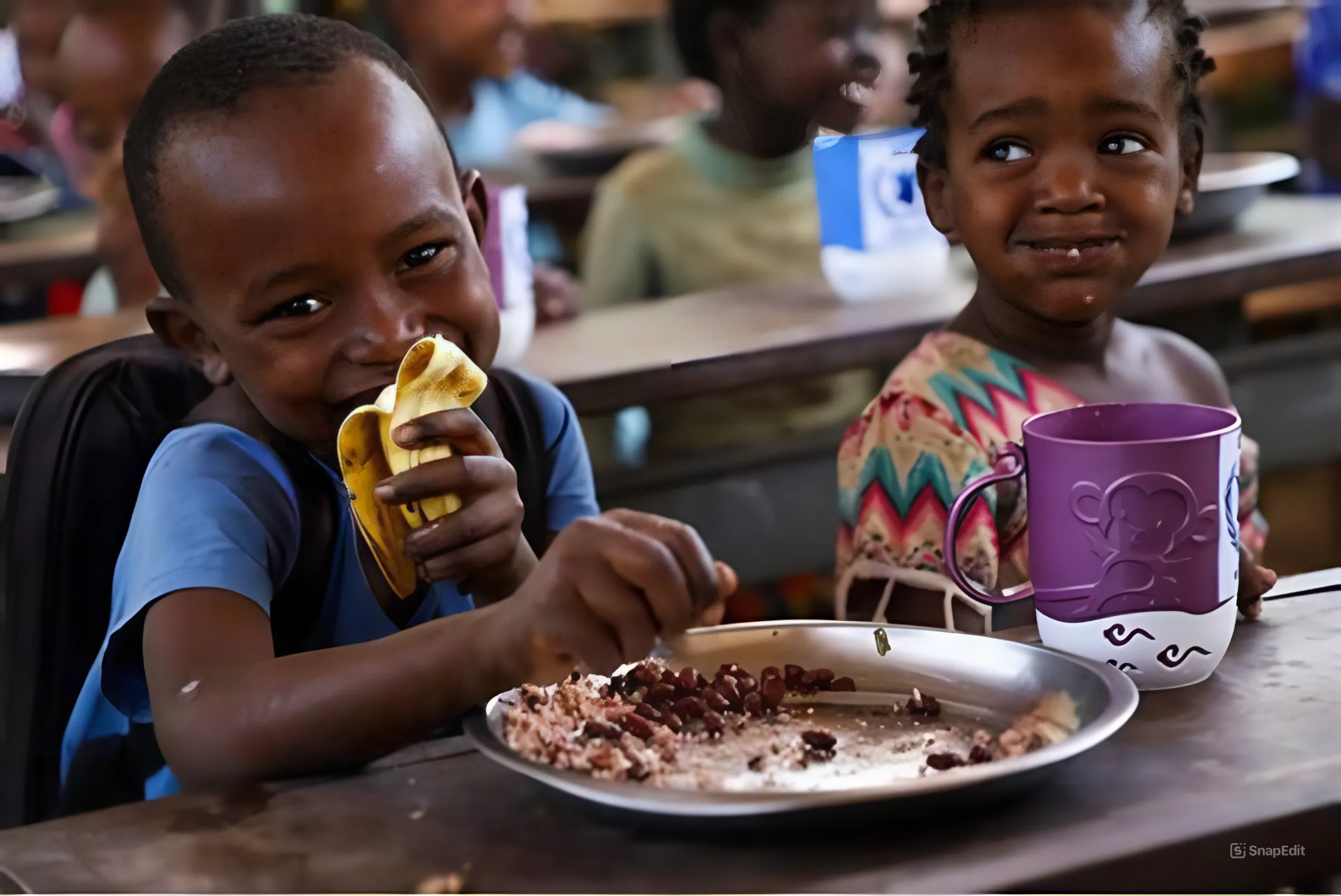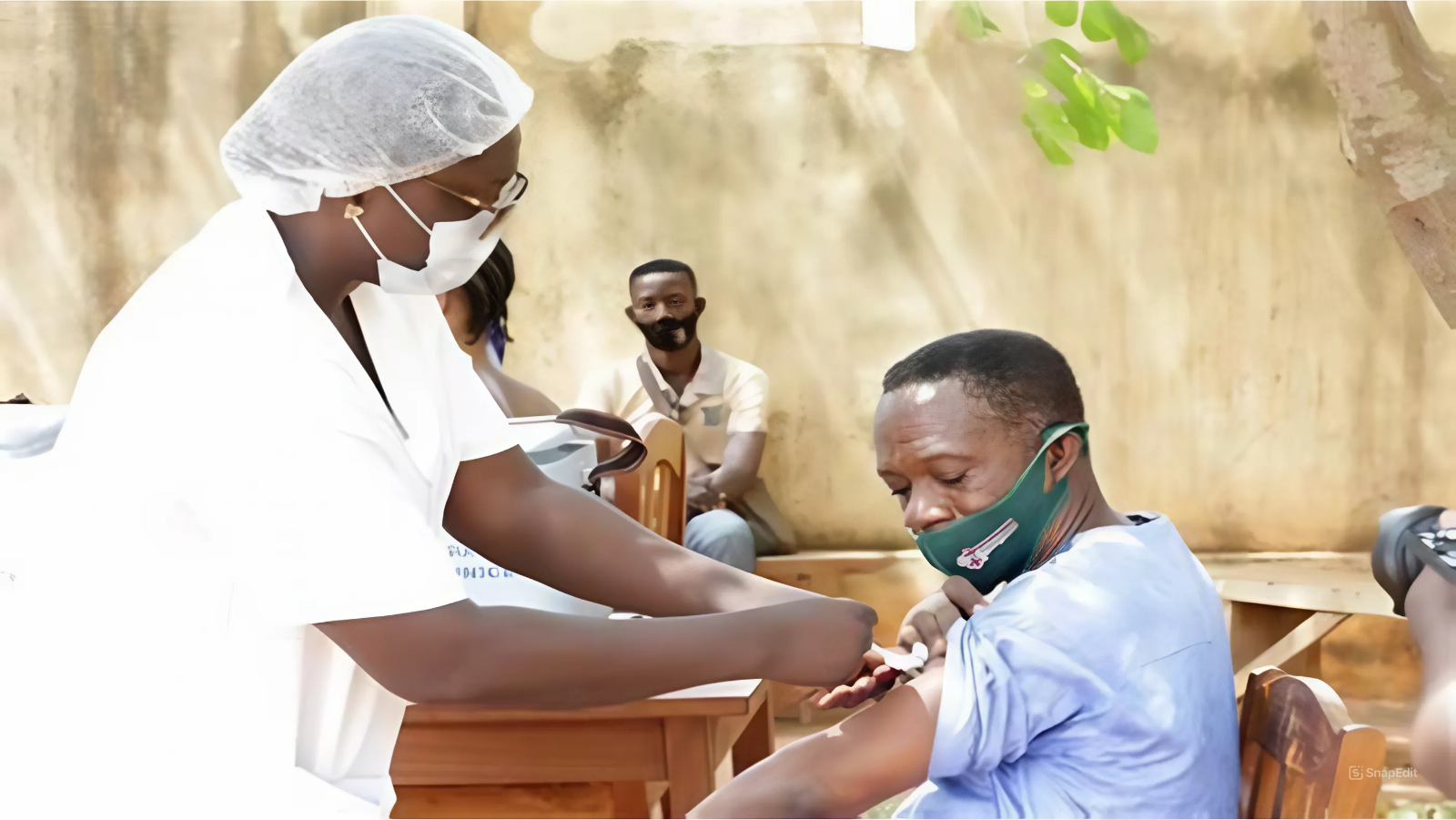- $5: Help provide 5 wholesome meals to children in need, giving them the nutrition they deserve
- $10: Support 10 nourishing meals, making a real difference in the lives of hungry children
- $30: Transform lives with 30 meals, offering hope, health, and happiness to vulnerable children
We value your trust. Rest assured, your personal information is handled with the utmost care and kept completely confidential. Your kindness changes lives






